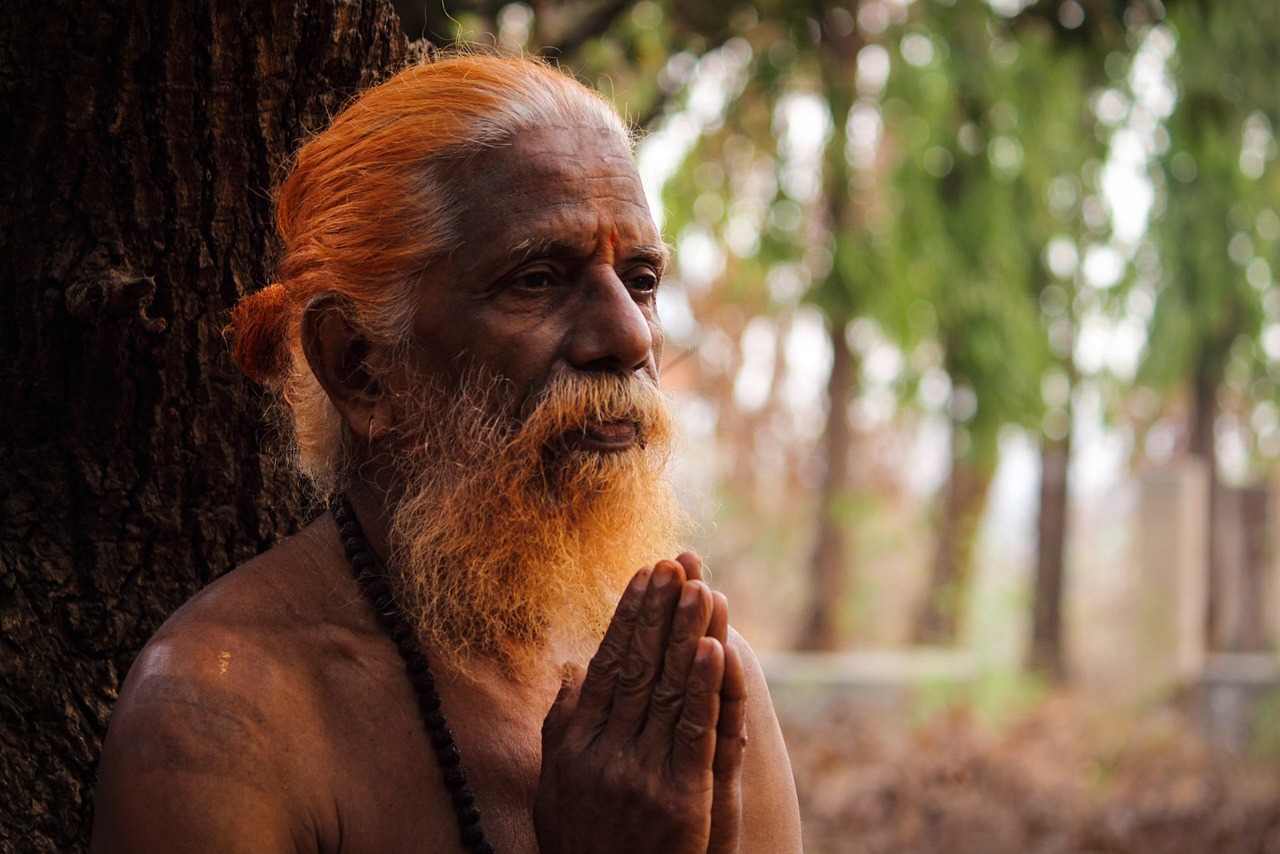
Rituals Without Reason: Are We Blindly Following Traditions?
- admin
- September 3, 2025
- culture, Philosophy
- 0 Comments
A Deep Dive Into the Indian Diaspora’s Relationship with Tradition and Modernity
New Delhi – India’s identity has long been intertwined with its rich tapestry of rituals and traditions. From elaborate wedding ceremonies to fasting during festivals, these practices are seen as anchors of cultural and spiritual life. But as the younger generation questions the rationale behind these customs, a fundamental debate emerges: Are we honoring traditions or simply following them blindly?
This question resonates deeply within the Indian diaspora, where the pressure to preserve cultural heritage often clashes with the desire to modernize. In a world rapidly changing and hyper-connected, are rituals becoming symbols of identity, or are they losing their meaning?
The Legacy of Rituals: Sacred or Superficial?
Rituals in Indian culture have their roots in ancient texts and philosophies, often reflecting profound spiritual or ecological significance.
- Seasonal and Practical Origins: Many rituals, like offering water to the sun or fasting, were tied to seasonal changes, physical health, or community bonding.
- Erosion of Context: Over centuries, the original meanings have faded, replaced by rigid practices often followed without understanding.
Take, for example, the karva chauth fast, which originated as a communal tradition for health and longevity but is now often seen as a social obligation fueled by Bollywood glamor.
Blind Faith in the Diaspora: Tradition as Identity
For the Indian diaspora, rituals serve as a bridge to their roots, but the pressure to maintain them often leads to conflicts.
- Cultural Policing: Families abroad sometimes enforce rituals more strictly than in India, fearing the loss of cultural identity in foreign lands.
- Misunderstanding Tradition: Practices like not eating beef or observing specific fasting rituals are upheld as sacred without understanding their historical or regional context.
This blind adherence can alienate younger generations, who seek logic and relevance rather than obligation.
Controversial Rituals: Between Faith and Reason
- Menstruation Taboos
- Practices banning menstruating women from temples are justified using religious texts but lack scientific backing. Younger voices are increasingly questioning these restrictions as patriarchal constructs.
- Caste-Based Rituals
- Ceremonies exclusive to certain castes reflect an outdated social hierarchy, challenging the inclusive ethos that many religions preach.
- Exorbitant Weddings
- Multi-day weddings with elaborate rituals often prioritize appearances over the spiritual essence of union and commitment.
These examples highlight the disconnect between ritualistic actions and their intended philosophical meanings.
Performative Pilgrimage: Seeking Devotion or Validation?
The rise of social media has transformed how people engage with rituals and pilgrimage. Religious journeys, once deeply personal and spiritual, are now increasingly becoming content-driven activities.
- Pilgrimage for Engagement: People frequently upload carefully curated photos at pilgrimage sites such as Varanasi’s ghats, Tirupati’s temple steps, or Mecca’s holy sites, seeking likes, comments, and engagement.
- The Insta-Piety Trend: Hashtags like #Blessed, #PilgrimageVibes, or #HolyTrip flood platforms, raising questions: Are these genuine acts of devotion or moments to amplify one’s online persona?
- Commercialization of Faith: Tour operators and influencers now monetize pilgrimage experiences, turning sacred journeys into Instagrammable packages rather than opportunities for introspection.
While these posts may inspire some, they risk reducing deeply spiritual acts into mere social currency.
Gen Z and Millennials: Challenging the Norms
Today’s younger generation, particularly within the Indian diaspora, is driving a shift in how rituals are perceived.
- Blended Spirituality: They are combining traditional rituals with modern practices, like incorporating environmental consciousness into festival celebrations.
- Open Conversations: Topics once considered taboo, like interfaith marriage or gender equality in rituals, are now openly discussed.
- Selective Participation: Instead of rejecting traditions outright, many are choosing rituals that resonate with their personal values.
Yet, their questioning is often met with resistance from older generations, who see these challenges as disrespectful rather than as opportunities for evolution.
The Need for Contextual Understanding
To reclaim the essence of rituals, there is a pressing need to reintroduce their meanings into public consciousness.
- Educational Initiatives: Schools and religious institutions should focus on explaining the origins and philosophies behind rituals.
- Modern Interpretations: Adapt rituals to align with contemporary values, such as promoting gender equality and sustainability.
- Encourage Dialogue: Families should create spaces for intergenerational discussions, fostering understanding instead of enforcing blind adherence.
Conclusion: Reviving the Spirit of Rituals
Rituals, when rooted in understanding, can serve as powerful tools for connection, reflection, and cultural preservation. However, when followed without reason, they risk becoming hollow gestures that alienate more than they unite.
India’s rich tradition of rituals deserves not blind faith, but conscious practice. By bridging the gap between faith and understanding, we can honor the past while staying relevant in the present—and that is a tradition worth keeping.


